
Love in an Enchanted Realm
Nine years have passed since the day that curse befell me. Today, for the first time, I return to the ruins of the house where I once lived with my parents.
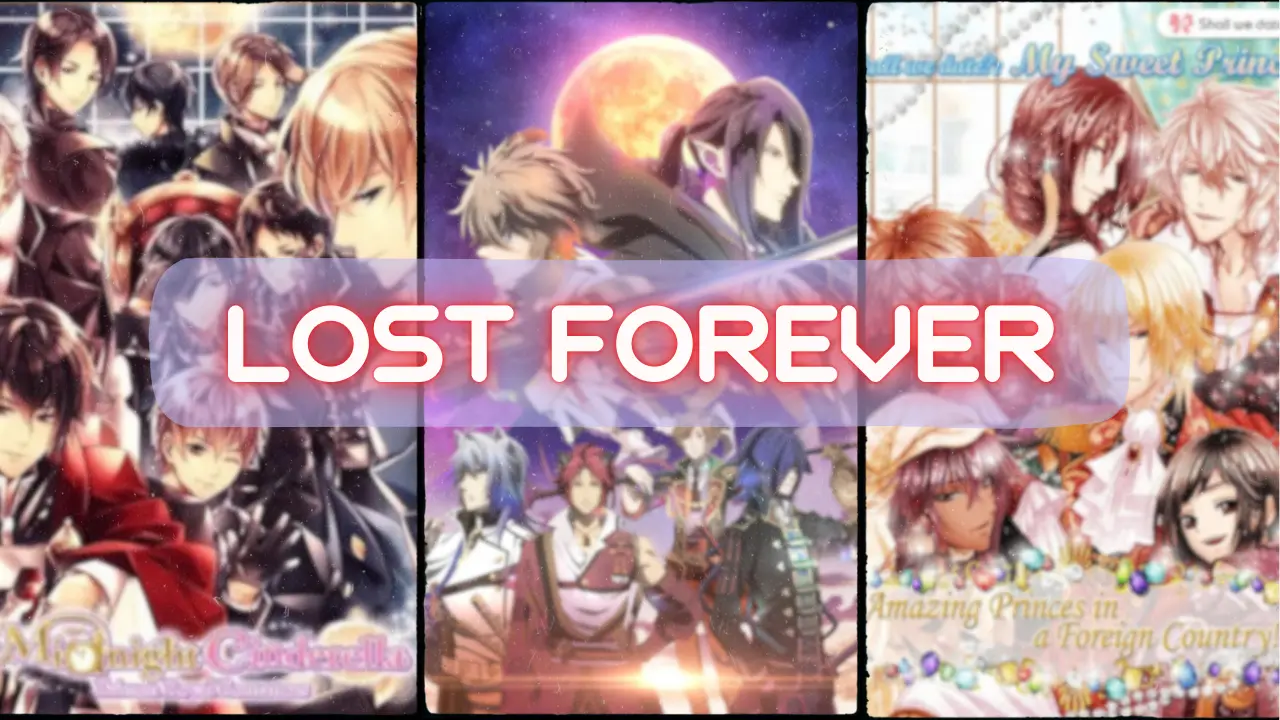
Every so often, a player gets the itch. For one fan, it was the urge to finally finish Alyn Crawford’s route in the romance game Midnight Cinderella. But the game, which once lived on her phone, is now just a memory. The servers were shut down, the story left unfinished forever. Tapping the ghost of its icon does nothing.
This is a uniquely modern and increasingly common form of loss. This experience is felt acutely by fans of otome games, a genre of romance-themed video games targeted at a female audience. A recent online discussion among players mourning their lost favorites revealed a poignant and universal story about digital impermanence. Their collective grief over defunct mobile titles isn’t just about a niche gaming genre; their stories reveal how easily vast swathes of interactive art can become, in effect, “lost media.”

One might assume that a 30-year-old console game would be far harder to access than a five-year-old mobile app. The reality is often the exact opposite. A dedicated fan of a classic console or PC title can hunt down a “physical disc on the Japanese 2nd hand market,” apply fan-made translation patches, run the game on an emulator, or even use community-developed mods to “remove the DRM.” Preservation is complex but achievable.
This is not the case for most mobile games. Built on an “always-online” model, they are completely dependent on a connection to a developer’s servers. When a company decides a game is no longer profitable and pulls the plug, it doesn’t just become unsupported it becomes unplayable. The app on your phone becomes a dead icon, a digital tombstone for a world that has vanished from existence.
This central irony highlights the fundamental fragility of server-dependent media. As one fan aptly put it:
How ironic that defunct mobile games are less accessible to have a spin on it than defunct console games…
The convenience of downloading a game instantly comes with the hidden cost of impermanence. Unlike a book on a shelf, you don’t truly own the experience; you are merely renting access until the landlord closes the building.
For many, these weren’t casual distractions. They represented significant investments of emotional energy, time, and real money. Players spent years logging in daily, participating in events, and purchasing in-game currency to unlock content. The shutdown of a game erases all of that progress in an instant.
The personal connections were deep. One player described Midnight Cinderella as their “comfort during my 2020 insomnia days,” while another explained how a character “has impacted me so much as a person.” Compounding this emotional loss is the tangible financial one. As one user powerfully expressed:
also considering how much money i spent on that game just to get the paid routes, events and stuff literally wanna cry this game was so much to me
This erasure of time, emotion, and money leaves players with a profound sense of frustration, even betrayal. It breaks the implicit trust between player and developer, fostering a deep-seated cynicism. As another fan admitted, “It’s honestly making me hesitant to get invested in mobile otome now.” Why pour your heart or your wallet into a world that could be deleted tomorrow?
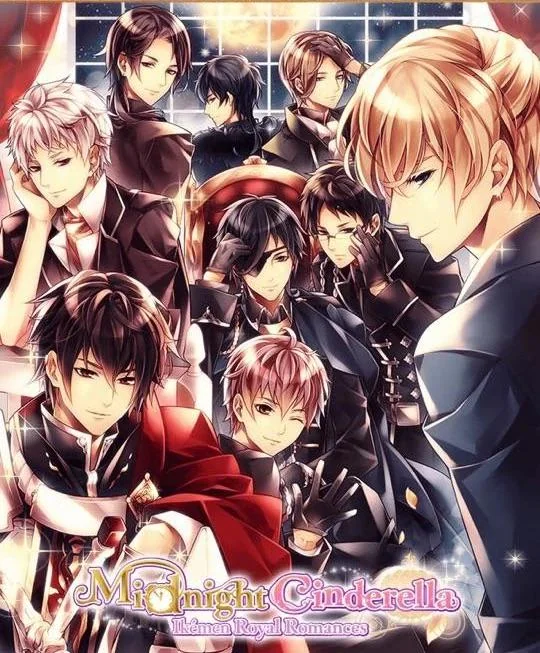
Nostalgia is a powerful force, and for many fans, these lost games are inextricably linked to formative periods of their lives. A large number of players associated titles like Midnight Cinderella and the Shall We Date series with their youth, calling them their “first otomes.” They were a gateway into a new genre and community, creating a bond that newer games can’t replicate.
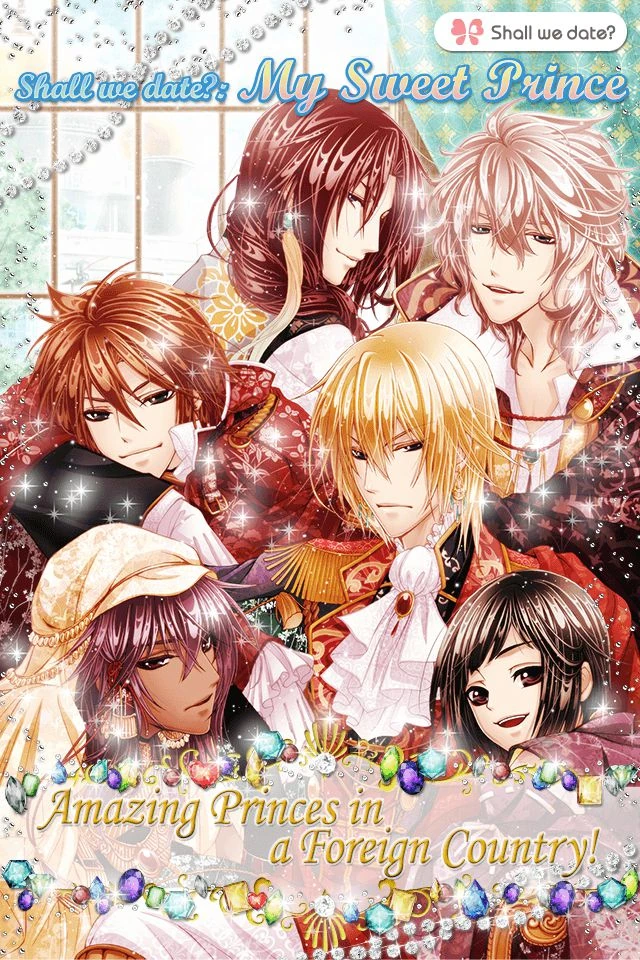
This connection is captured perfectly in one fan’s memory:
These were my first otomes back in 2012/13 when I was a freshman in high school and was playing them on my iPod touch.
When these specific games disappear, it feels less like a product being discontinued and more like a piece of personal history being erased. Players desperately try to hold on. They scour YouTube for gameplay videos and share old screenshots. Many admit to keeping the dead apps on their phones, unable to delete the mementos.
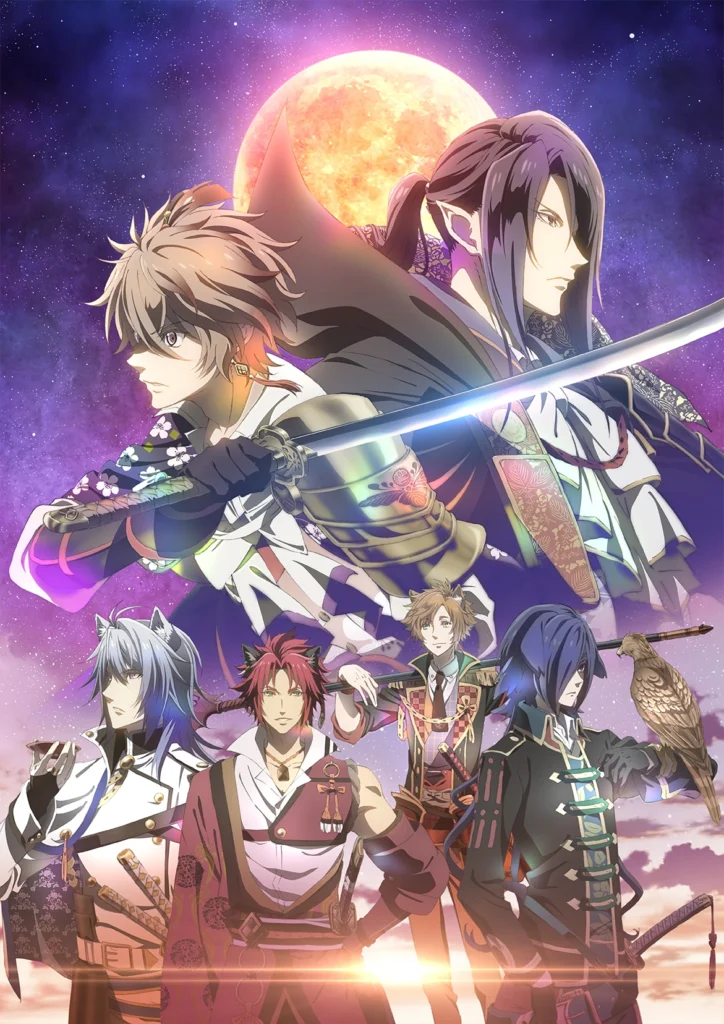
In perhaps the most poignant example of this digital grieving, one player confessed she kept the defunct Sengoku Night Blood app on every new phone, “even if I couldn’t open it. At least my puppy Date is always there on the app icon to cheer me up “
Some companies do attempt to preserve their back catalog, but these efforts often alter the original experience. The most prominent example is Voltage Inc., which consolidated its many individual game apps into a single aggregator called Love 365. While this saved the stories from vanishing, many players mourn the loss of the original format.

A key feature lost was a unique system where players would receive in-character emails from their love interests. This small detail made the world feel personal and alive. For many, it was more than a gimmick; it was a cherished part of the experience. One user noted they still have the old emails saved in their “ancient history… really meant the world to me back then.” As another lamented:
I miss the old Voltage games where you got emails from the characters. The Love 365 app isn’t as good imo. I know a lot of people didn’t like having so many separate apps but I liked it
Furthermore, even when games are “saved” in offline versions, they are often incomplete. Players pointed out that the offline release of Lovestruck’s Astoria Fate’s Kiss is “completely missing a character” and all its stories. These compromises mean that even the best-intentioned preservation efforts can fail to capture the magic of the original.

The collective mourning of the otome game community is a powerful case study for a much broader issue: our digital libraries are more fragile than our physical ones. The stories and art we cherish are increasingly locked in brittle, closed ecosystems, their existence contingent on a company’s bottom line.
The “always-online” service model means preservation is entirely out of the user’s hands. As more of our culture our games, our movies, our memories—moves onto proprietary servers, we are building our heritage on foundations that can be swept away without notice, creating a new generation of lost media.
This forces a critical question: What mechanisms, if any, can we build to preserve these worlds before the switch is flipped forever?
For more otome news an articles click HERE.
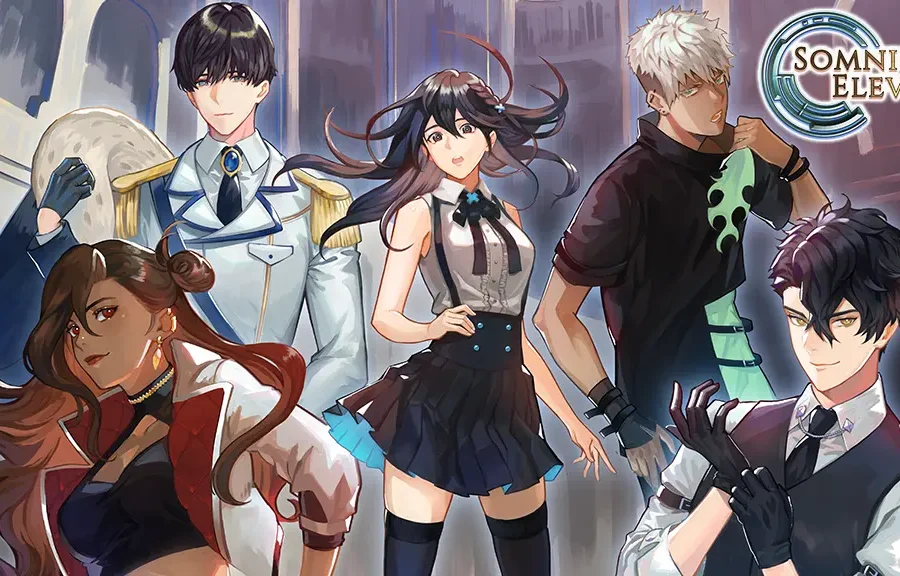
Somnium 11 has taken the otome game world by storm with its unique blend of strategy, romance, and storytelling.To uncover the secrets behind the magic,...
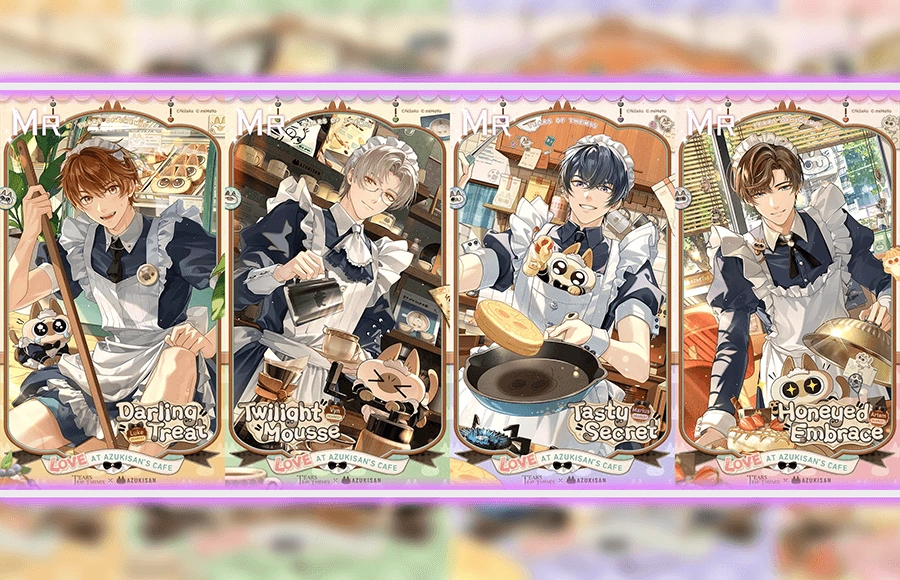
Players of Tears of Themis were in for a delightful surprise recently, a new collaboration with Azukisan that features a set of MR Cards putting...
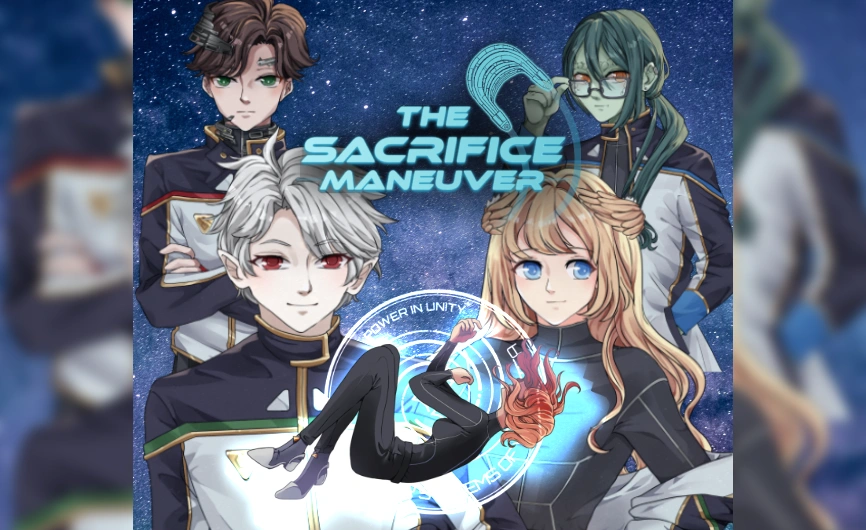
We’re so thrilled to bring you a peek behind the scenes of Sacrifice Maneuver! In this exclusive interview, we talked with the talented team at...